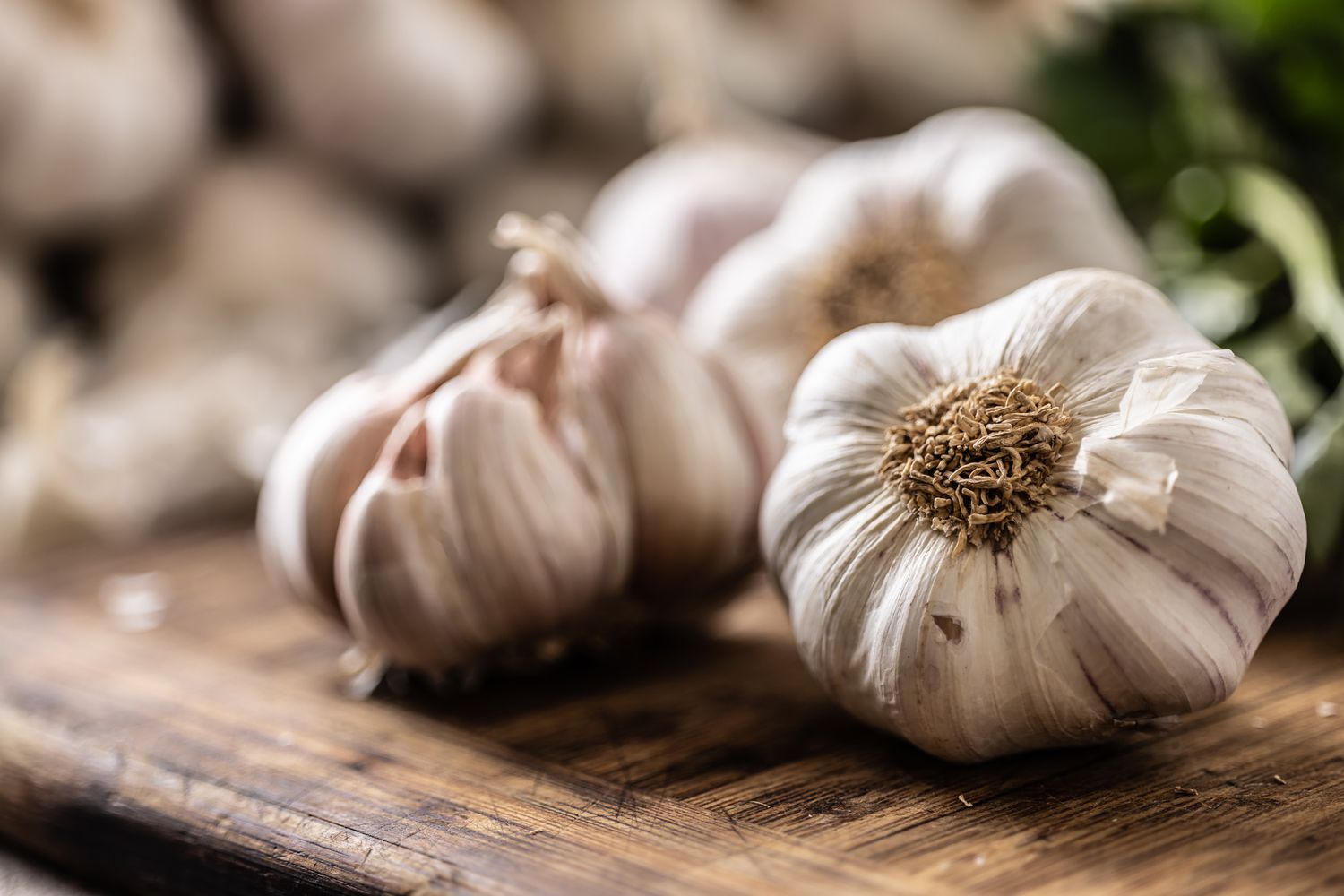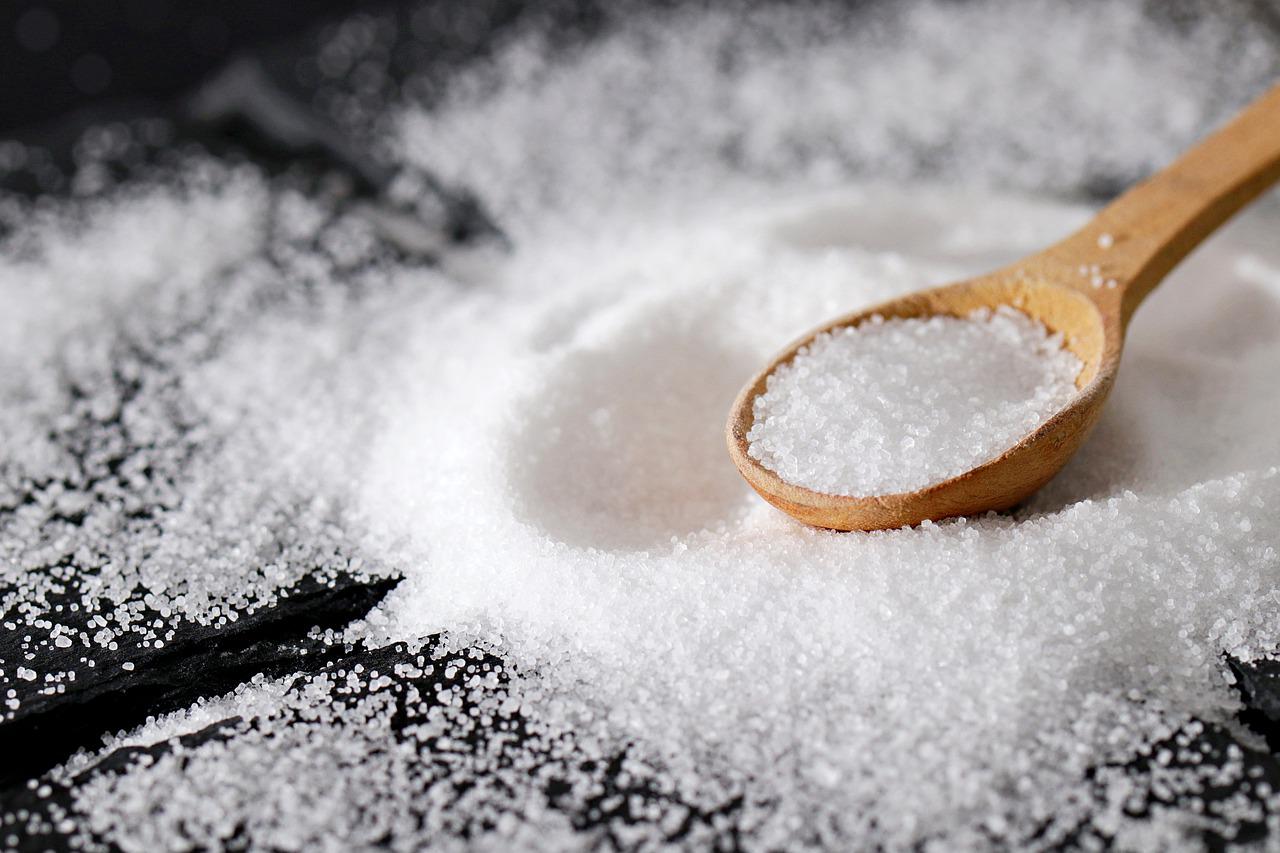
Garlic is a popular treatment for a variety of diseases. It has been shown to effectively decrease blood pressure. Garlic reduces blood pressure, even in persons with normal blood pressure. Garlic not only regulates blood pressure but also prevents artery hardening.
Fiber
Many studies have found that eating a high-fiber diet lowers blood pressure slightly. Fruits and vegetables are high in fiber and are suggested in big amounts for patients with hypertension. They should also be organic to avoid using pesticides.
Fish Oils
Oily fish provide omega-3 fatty acids, which are necessary for people with heart and vascular disorders. Fish oil somewhat reduces blood pressure. It also reduces triglycerides and protects blood arteries against atherosclerosis. Eat wild oily fish at least twice a week, preferably tiny fish (sardines, mackerel, herring) bearing the MSC (sustainable fishing) label. They can be purchased frozen or fresh at extremely reasonable prices.
Reduce salt

Reducing salt intake for four weeks considerably lowers blood pressure, even more than ingesting fiber or fish oil. It’s one of the simplest things you can do, and it will improve your health.
Exercise
In addition to a balanced diet, regular physical activity has been demonstrated to help decrease blood pressure. Physical exercise increases the synthesis of nitric acid, which dilates blood vessels and decreases blood pressure. Exercise does not have to be severe, such as weight training, but you should try aerobic activities like running, swimming, or cycling.
Excessive Urination: Causes, Symptoms, and When to Worry

Urination is the body’s natural process for eliminating toxins and maintaining fluid balance. Yet, if you notice yourself going to the bathroom too frequently, it could be a sign that something isn’t working properly. Medically, polyuria is when a person urinates more than 2.5 liters per day. Though in many cases it can be because of harmless factors, it could also be related to health problems that require attention.

